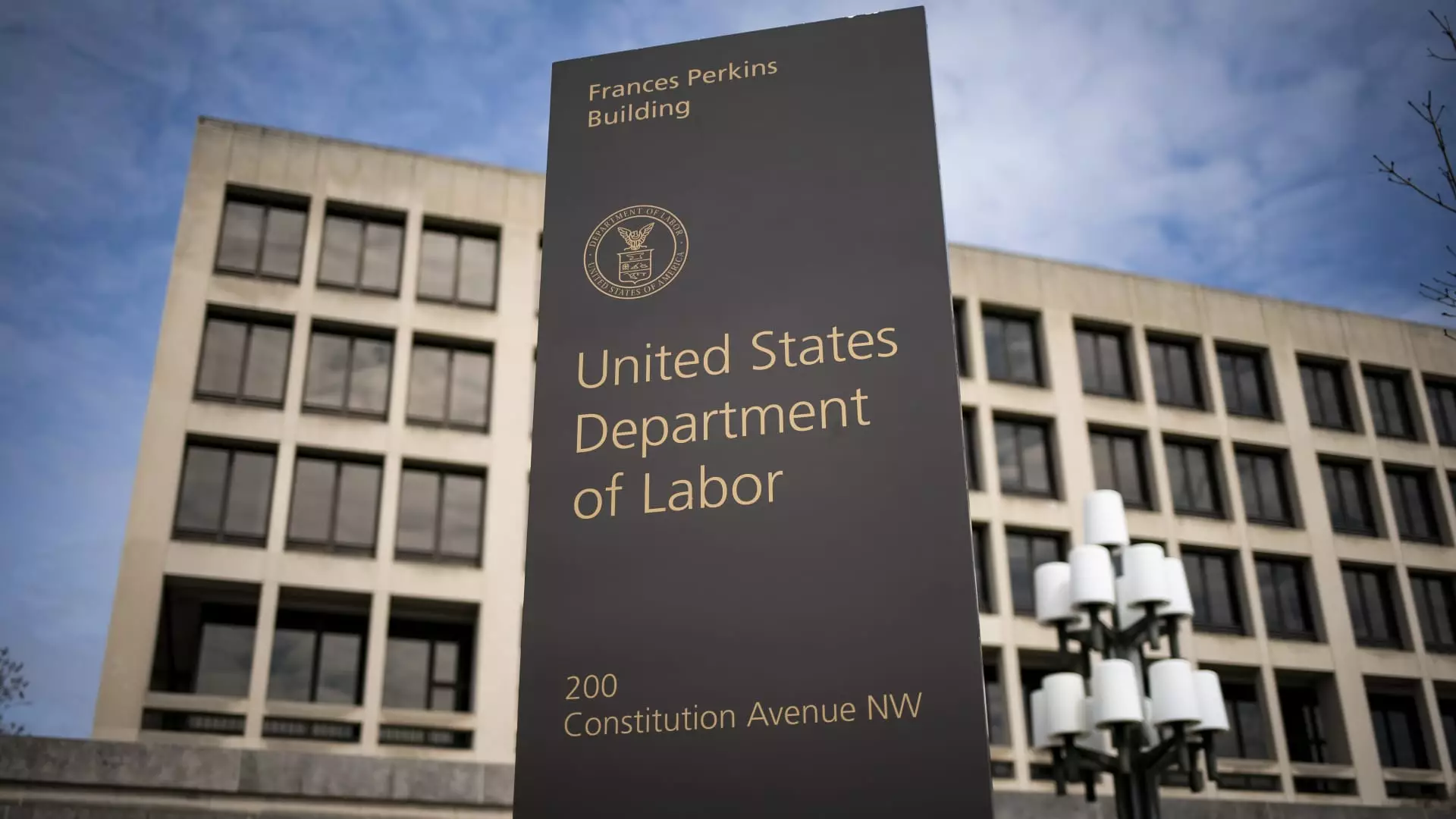The Biden administration recently issued a final rule aimed at regulating the investment advice provided to retirement savers. This rule, enforced by the U.S. Department of Labor, seeks to ensure that the advice offered by advisors, brokers, insurance agents, and other intermediaries is in the best interest of the savers. The regulations expand the obligations of these professionals to act as fiduciaries, prioritizing the clients’ interests above all else. This article will delve into the implications of the new rule on retirement savings and the financial industry.
The final rule, set to take effect on September 23, addresses the flaws in the current retirement rules that fail to adequately protect savers. The Department of Labor emphasized that conflicts of interest in investment advice often result in recommendations that benefit the financial professionals rather than the clients. The rule focuses on two major areas of advice: rollovers from 401(k) plans to individual retirement accounts and the purchase of insurance products like annuities. By mandating that financial professionals adhere to impartial conduct standards, which require them to offer prudent, loyal, and truthful advice with reasonable fees, the rule aims to safeguard the retirement savings of Americans.
The Council of Economic Advisers estimates that conflicts of interest cost Americans up to $5 billion annually, particularly concerning products like indexed annuities. Retirement savings through employer-sponsored plans are crucial for many individuals, making it imperative to protect these tax-preferred assets. The significant amount of money rolled over from 401(k) plans into IRAs highlights the magnitude of the issue. As more baby boomers transition into retirement, the financial industry must prioritize the best interests of participants over lucrative compensation structures that incentivize rollovers.
Despite the Department of Labor’s efforts to enhance consumer protections, industry groups have raised concerns about the necessity and potential negative impact of the regulations. Organizations like the American Council of Life Insurers argue that the rule could harm retirement savers by limiting access to professional financial guidance. They claim that existing federal and state regulations enforced by the Securities and Exchange Commission and National Association of Insurance Commissioners already provide robust consumer protections. However, the Labor Department believes that these regulatory schemes are insufficient in the realm of retirement savings and aims to create a level playing field for all stakeholders.
The Biden administration’s final rule on investment advice for retirement savers marks a significant step towards promoting financial security and transparency in the industry. By holding financial professionals to fiduciary standards and prioritizing the best interests of clients, the rule aims to curb conflicts of interest that erode Americans’ retirement savings. While some industry groups criticize the regulation, the Department of Labor remains steadfast in its commitment to protecting the retirement assets of millions of individuals. Ultimately, the impact of the rule will unfold over time, reshaping the landscape of retirement planning and wealth management for the better.


Leave a Reply